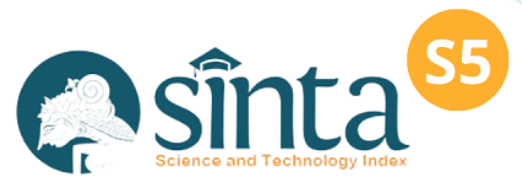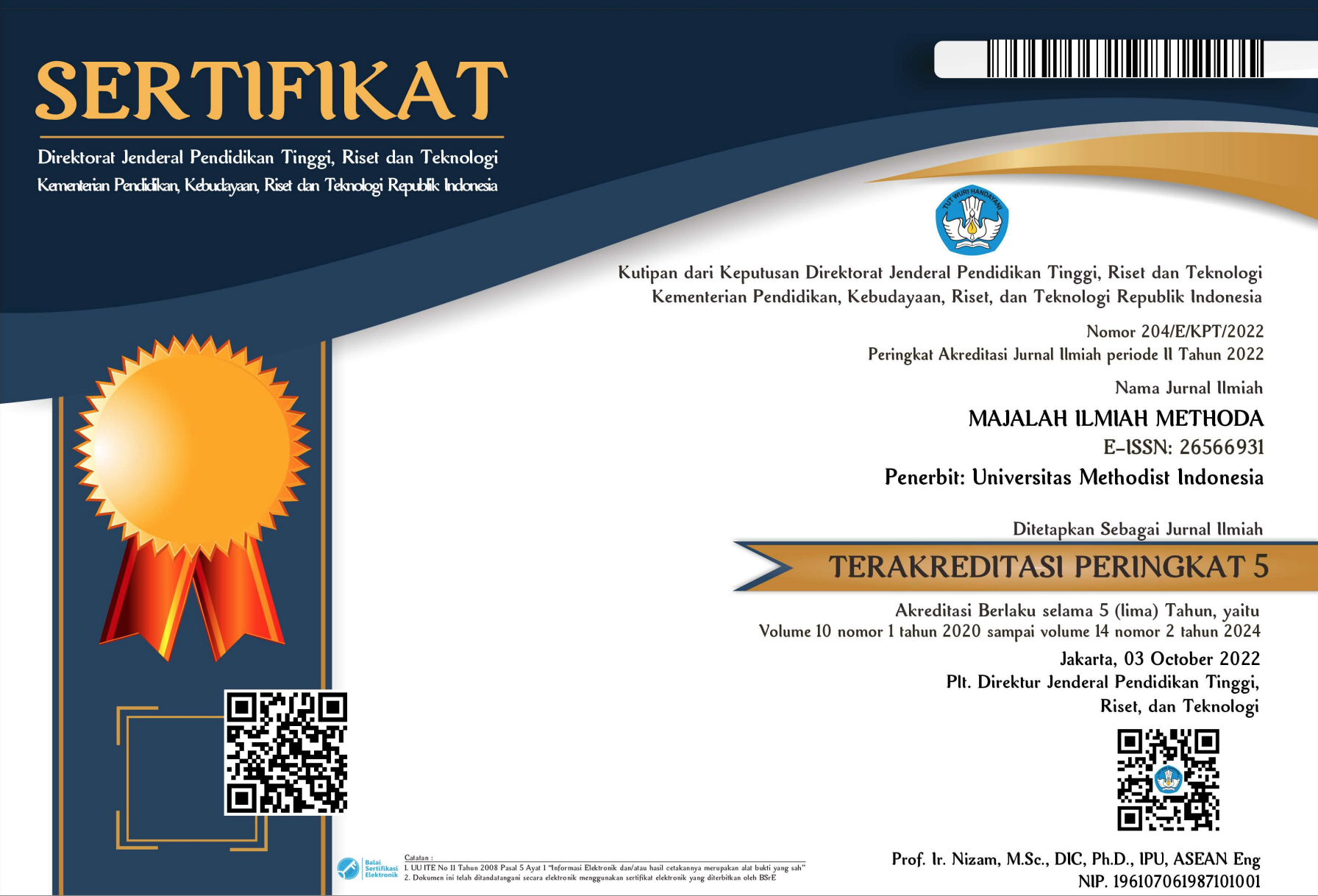PENGARUH PEMBERIAN D-GALAKTOSA TERHADAP BERAT BADAN MENCIT BETINA
Keywords:
D-Galactose, Mice, AgingAbstract
Experimental animals are animals that are developed so that they can be used as model animals in an experiment for the development of various fields of science, especially in the field of medical science. Aging is the accumulation of various changes that occur in cells and tissues that along with increasing age, pose a risk of disease and death. One of the signs of aging is weight gain. Aging can occur more quickly, this is due to various factors. One of them is the free radical factor. Administration of d-galactose can induce generalized aging of various organ systems. Administration of d-galactose for 6 weeks in a row causes an increase in galactose in the body. Giving d-galactose to mice will cause oxidative stress that will cause aging. So that the increase in body weight of mice as a sign of aging needs to be studied. The study was conducted in the pharmacology laboratory of the Faculty of Medicine, University of North Sumatra with a total sample of 6 female mice with an average body weight of 20-35 grams. Mice were injected with d-galactoa as much as 150 mg/kgBW once every day for 6 weeks. Mice were weighed weekly for 6 weeks. The results of the study mice experienced a significant increase in body weight p value <0.005. This happened because the continuous administration of d-galactose resulted in the accumulation of galactose in the tissue of female mice.










